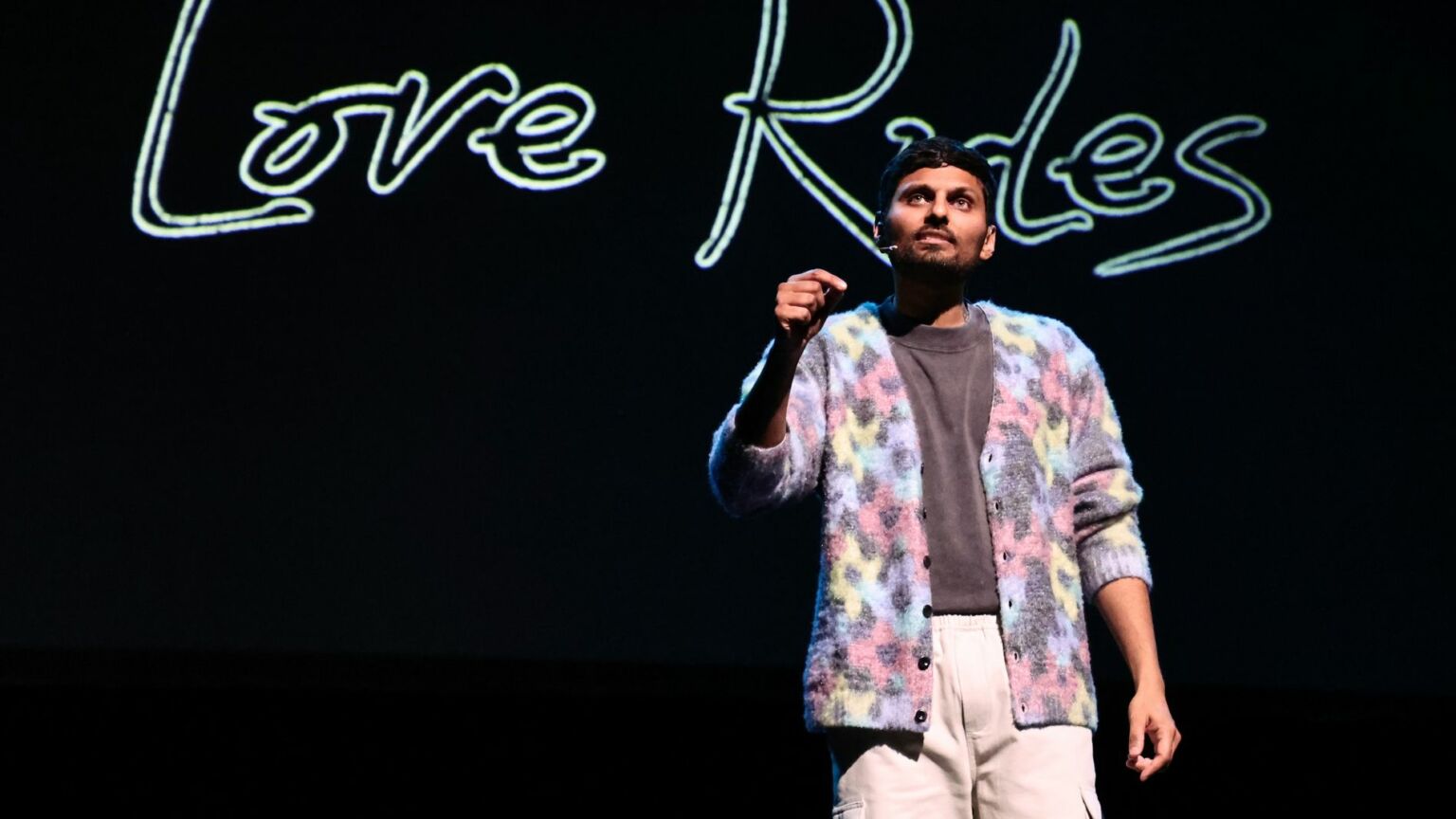The curious rise of the professional ‘life coach’
We are in serious danger of overdosing on therapy.

Want to read spiked ad-free? Become a spiked supporter.
When the US sneezes, the world may catch a cold. But it’s Britain that develops full-on pneumonia. Take life coaching, the latest virulent trend to start in the US only to consume the UK.
They say that you’re never more than six feet from a rat. The same, it seems, can be said about life coaches. They really are everywhere. It’s estimated that there are between 80,000 and 100,000 operating in the UK right now – that’s nearly the same amount as are operating in the US, which has a population over five times larger than ours.
If you’re wondering what a life coach is, then who better to ask than Oprah Winfrey, the queen of therapy culture. According to her website, Oprah Daily, a life coach is akin to a self-discovery sherpa, someone who can help and guide you in efforts to achieve your goals. Life coaches, then, exist in the grey area between a friend, a counsellor and a hype-man. They’re a mix of Dale Carnegie, the author of How to Win Friends and Influence People, and self-help guru Deepak Chopra.
It’s a largely unregulated industry, for which no real qualifications are necessary. But it’s also a lucrative one, worth a cool £2.3 billion globally.
Life coaches come in a variety of different flavours. There are ‘accountability coaches’ and ‘empowerment coaches’ (you pay the latter to yell things at you like ‘You’re awesome’ and ‘Yes, you can do it’). There are so-called self-love life coaches, who, in their lingo, help you to cultivate feelings of ‘self-worth’ and learn to live ‘authentically’. And then there are ‘abundance coaches’, who claim to help clients to stop worrying about losing everything, from jobs to relationships, and develop an ‘abundance mindset’ – that is, a belief that you can always have more.
The list goes on. What unites all these various species of life coach is the art of saying a lot without saying much at all. They are masters of profound-sounding vacuity. Which brings us to the smooth-talking Brit, Jay Shetty, perhaps the most famous life coach in the world.
Worth an estimated £24million, 36-year-old Shetty actively encourages his millions of followers to pursue a simpler, more frugal existence. At the same time, the author of Think Like a Monk lives like a king in an eight-bedroom house that reportedly cost nearly £7million.
Shetty has made his millions mainly from the Jay Shetty Certification School, which sells an inordinate amount of life-coaching certificates. According to its website, the school has at least two million students worldwide.
However, as mentioned above, to become a life coach, no real qualifications are necessary. A life coach – part psychologist, part friend, part teacher, part consultant – is a jack of all trades, but a master of none. Life coaching, as anthropologist and author David Graeber might have put it, is a ‘bullshit job’, par excellence.
Be that as it may, life coaching in the UK has flourished for a reason. People used to be able to turn to informal social networks for support and guidance – and sometimes for the delivery of some cold, hard truths. They would look to friends and family, or to fellow members of their churches or trade unions. But that is far more difficult today, as society has become more atomised and the old social networks that once offered solidarity and support have decayed.
This has created a social need that is being met and exploited by the life-coaching industry. Life coaches’ pitch rests on the claim that they can solve your problems. That they resolve your anxieties and improve your fortunes. That they can, in short, ‘coach’ you to become better at life.
But this isn’t true. Life isn’t like football or tennis. It’s not a game for which you can be coached by supposedly ‘certified professionals’. Life is for living. And it’s lived with and for others. The sooner we realise that life coaching is no substitute for genuine social solidarity, the better. It’s time to kick the coaches into touch.
John Mac Ghlionn is a researcher and essayist. Follow him on Twitter: @ghlionn
Picture by: Getty.
Who funds spiked? You do
We are funded by you. And in this era of cancel culture and advertiser boycotts, we rely on your donations more than ever. Seventy per cent of our revenue comes from our readers’ donations – the vast majority giving just £5 per month. If you make a regular donation – of £5 a month or £50 a year – you can become a and enjoy:
–Ad-free reading
–Exclusive events
–Access to our comments section
It’s the best way to keep spiked going – and growing. Thank you!










Comments
Want to join the conversation?
Only spiked supporters and patrons, who donate regularly to us, can comment on our articles.